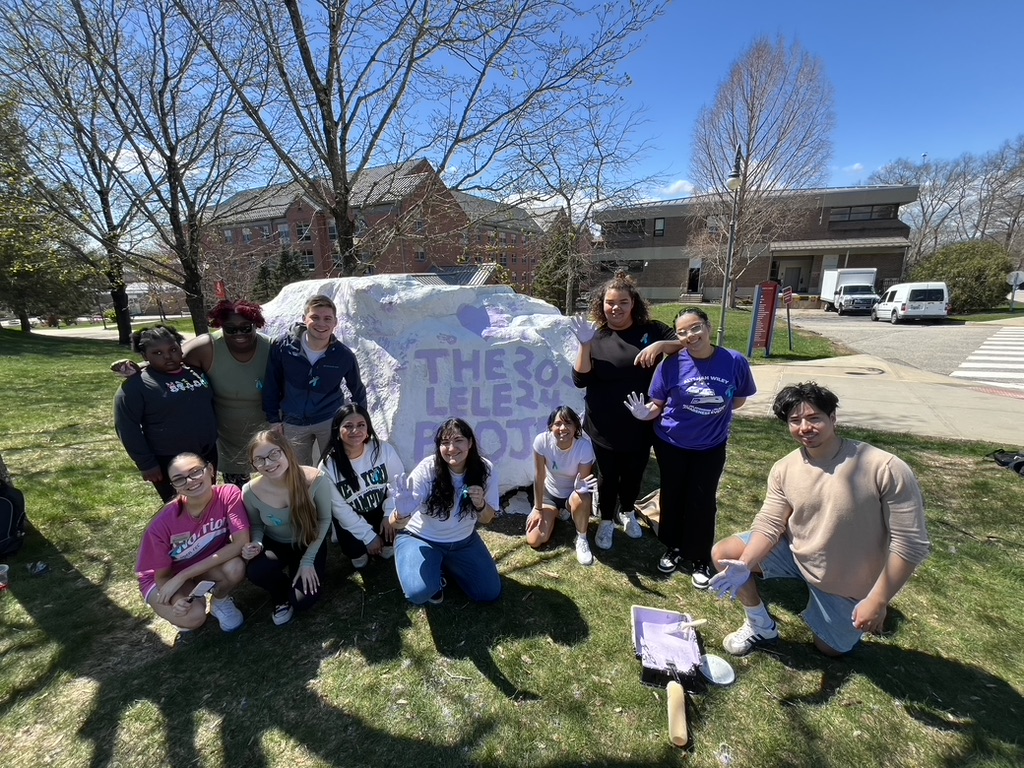- Apply
- Visit
- Request Info
- Give
The Value of Service Learning

The Center for Community Engagement provides resources for faculty interested in developing connections with the community to enhance their course offerings and research. Each year over 1,000 students provide 20,000 hours of community service in 40 local schools and community service programs.
In your classes…
- Course content is connected in creative ways to our local community via CCE programs
- Class projects and assignments connect students in this context in appropriate ways
- Students design and produce materials that also serve as invaluable portfolio material
- Potential areas for further research, internships and volunteer service are discovered
- You will have the satisfaction of helping students prepare for work in their field of study
- Success with service learning is an opportunity for you to advance your own professional goals
WHY COMMUNITY-BASED LEARNING?
Service learning, or community-based learning, has been shown to improve student learning outcomes and to improve students' personal and social development. Faculty receive enhanced teaching, service, and research opportunities and develop stronger faculty-student relationships. Service-learning improves cultural and racial understanding, and has been shown to reduce stereotypes.
FOR NEW AND RECENT FACULTY
As you create your plans for future teaching at Eastern you have a highly creative and productive option that you may not know about. Whatever your department a latent and undeveloped linkage already exists that can provide you and your students with a rich and rewarding experience. Contact the CCE to create and design efficient and easily managed engagement activities that can help you on your teaching path, your students on their academic journeys and Eastern as it strives to grow and serve Connecticut.
FOR VETERAN AND SENIOR FACULTY
Have you connected your life work to our community yet? Why not? Whether it is teaching or research there are many ways, small and large, that you can enrich and expand your level of service to students by linking course content to the spectrum of community needs in our region. Every department has unopened doors and senior faculty already have the keys to open. You can bring some new energy into your own work and provide examples of success that other faculty can see for themselves and consider trying in their classes.

